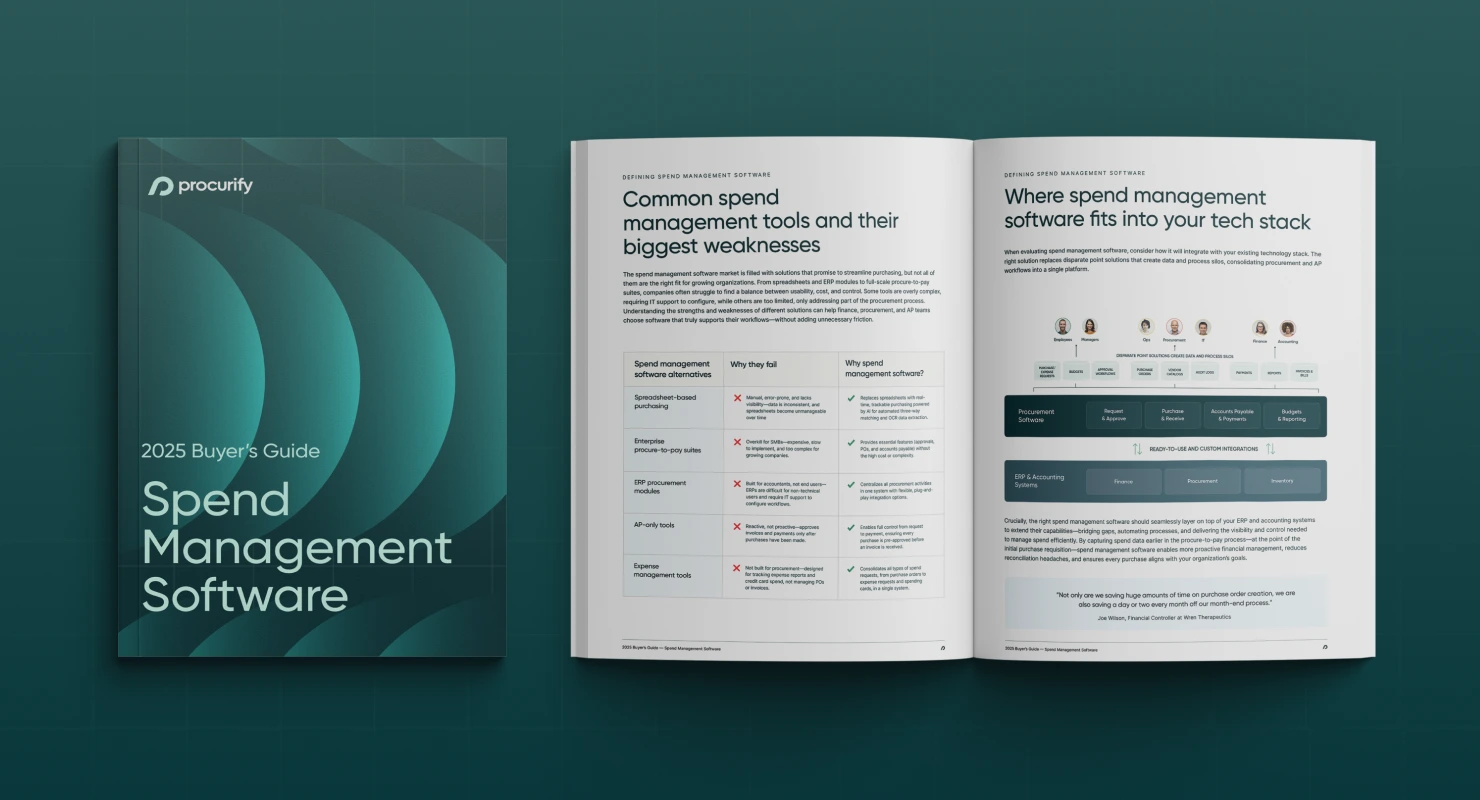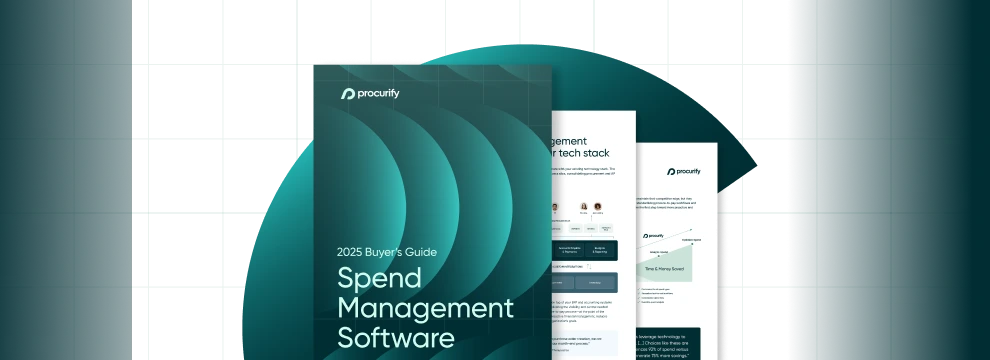A Brief History of Procurement: Key Points From Past and Present
Although the history of procurement is spotty at best, procurement practices have existed for thousands of years. It’s evolved from a function of subordinates to one that’s been elevated to a management level. It’s garnered such importance in the business world that major companies dedicate whole departments and executive positions to procurement (maybe even one you hold). Despite these changes, the types of challenges addressed by procurement—from scarcity of supplies to competition—have mostly remained the same. Here’s our breakdown of procurement form the early years to present day to give you more insight on this ever-evolving industry.
Early years in the history of procurement
The practice of procurement-related tasks dates back as early as 3,000 BC. In Egypt, scribes responsible for pyramid design also functioned as clerks, using papyrus to record the amount of labor and materials needed for construction. Ancient Romans created contracts with scribes when the empire engaged in trade with private suppliers. In Great Britain, procurement’s history dates back to William the Conquerer, who wanted a concise way to record tax collections. The practice evolved to incorporate goods and services with the rise of the British Empire and its colonial pursuits.
Industrial revolution
Procurement received greater importance during the Industrial Revolution when the practice became more than part of a worker’s skill set, but a job function all its own. When plants needed resources to help manufacture their products, many of them wound up hiring “materials” men to handle the acquisition and transportation of supplies. This often meant strategic thinking in negotiating with suppliers for the best possible price to offset manufacturing costs. Sound familiar? Some things never change.
20th Century
Though there’s headway in terms of elevating procurement-focused jobs, these roles were still seen as a lowly function. During the World Wars, for example, purchasing was a clerical job. However, by the 1960s, with the economy finally on the upswing, the business world recognized procurement as a management function, especially with it came to competitive bidding for supplies. Education in pertinent areas in supply chain management created professionals who were able to engage in supplier competition. Their ability to gauge supply variables like price, quality, durability and availability became even more critical to a company’s well-being.
The information technology boom
With the creation of the Internet, procurement took on (and continues to take on) an even more dynamic role in the late 20th century, engaging in B2B e-commerce transactions. The pace of activity became even faster with improvements in software that have continued to the practice of procurement more thorough and accurate.
There’s a clear link between the social status of procurement professionals and the shape of the economy. When the economy is more robust, procurement becomes a vital strategy. As we move into the future, procurement will become even more important. This is especially true as purchasing becomes the main way to control company spending.

2025 Spend Management Software Buyer’s Guide
Choose the spend management solution best suited to your organization’s needs with an overview of the 2025 software ecosystem, feature comparisons, and a free vendor capability evaluation checklist.
